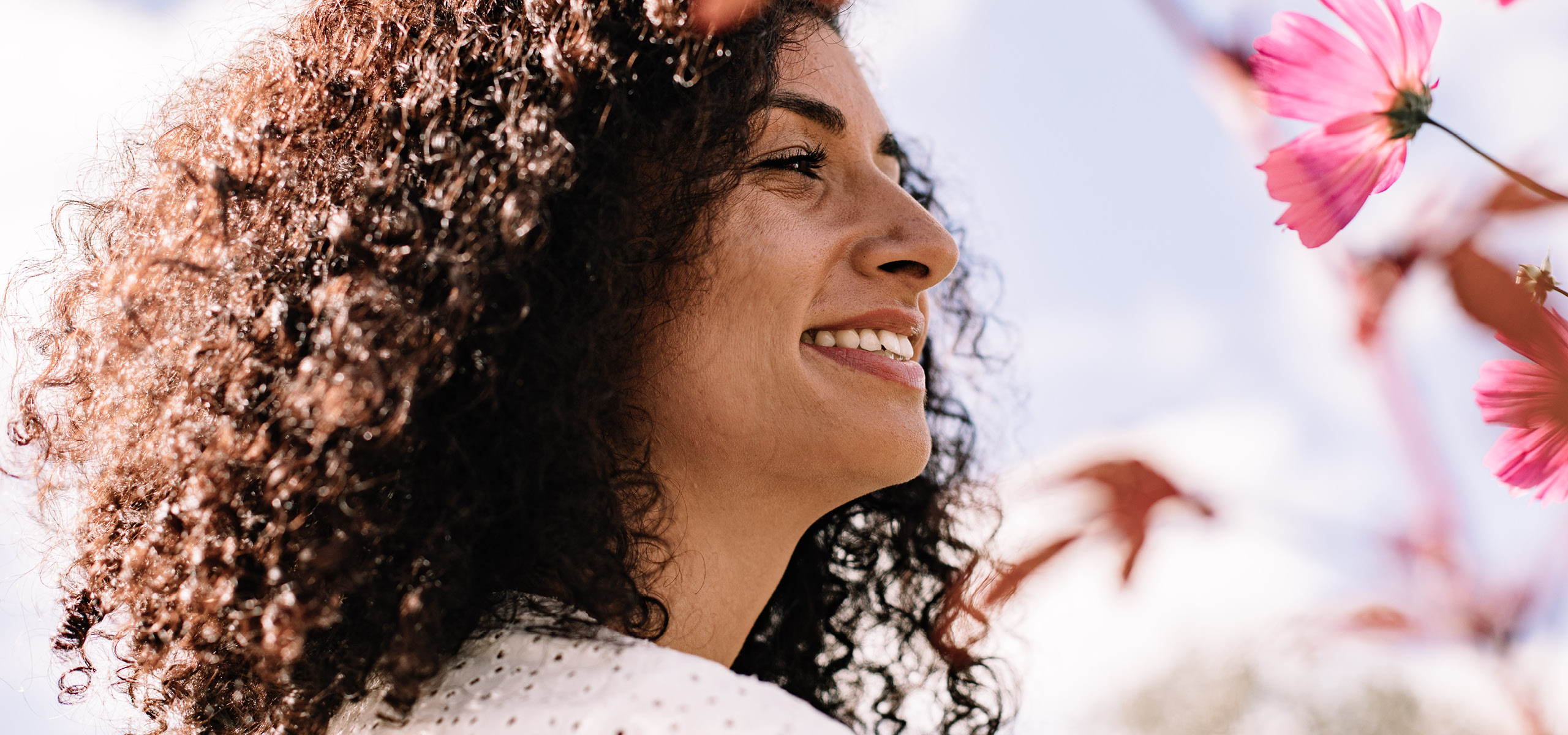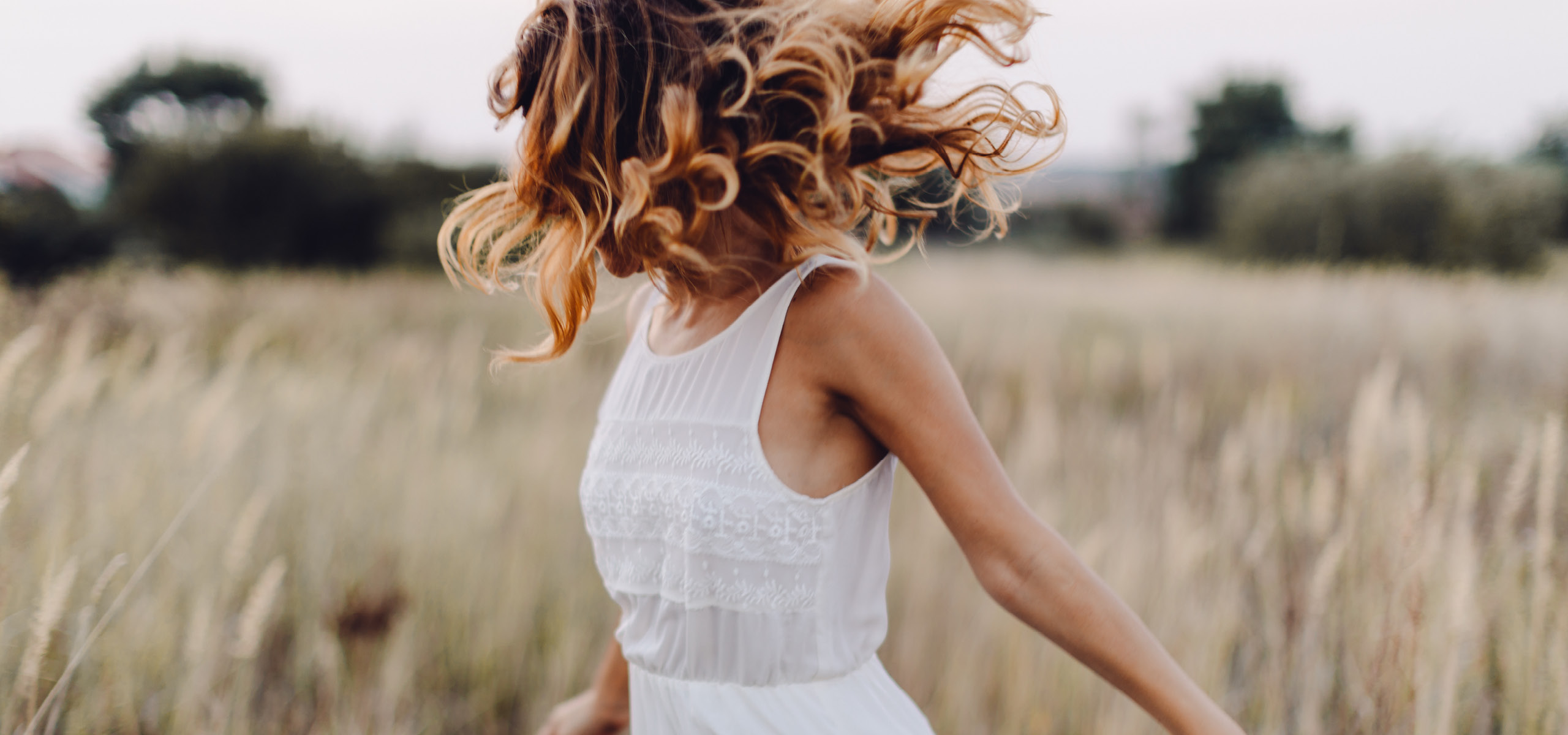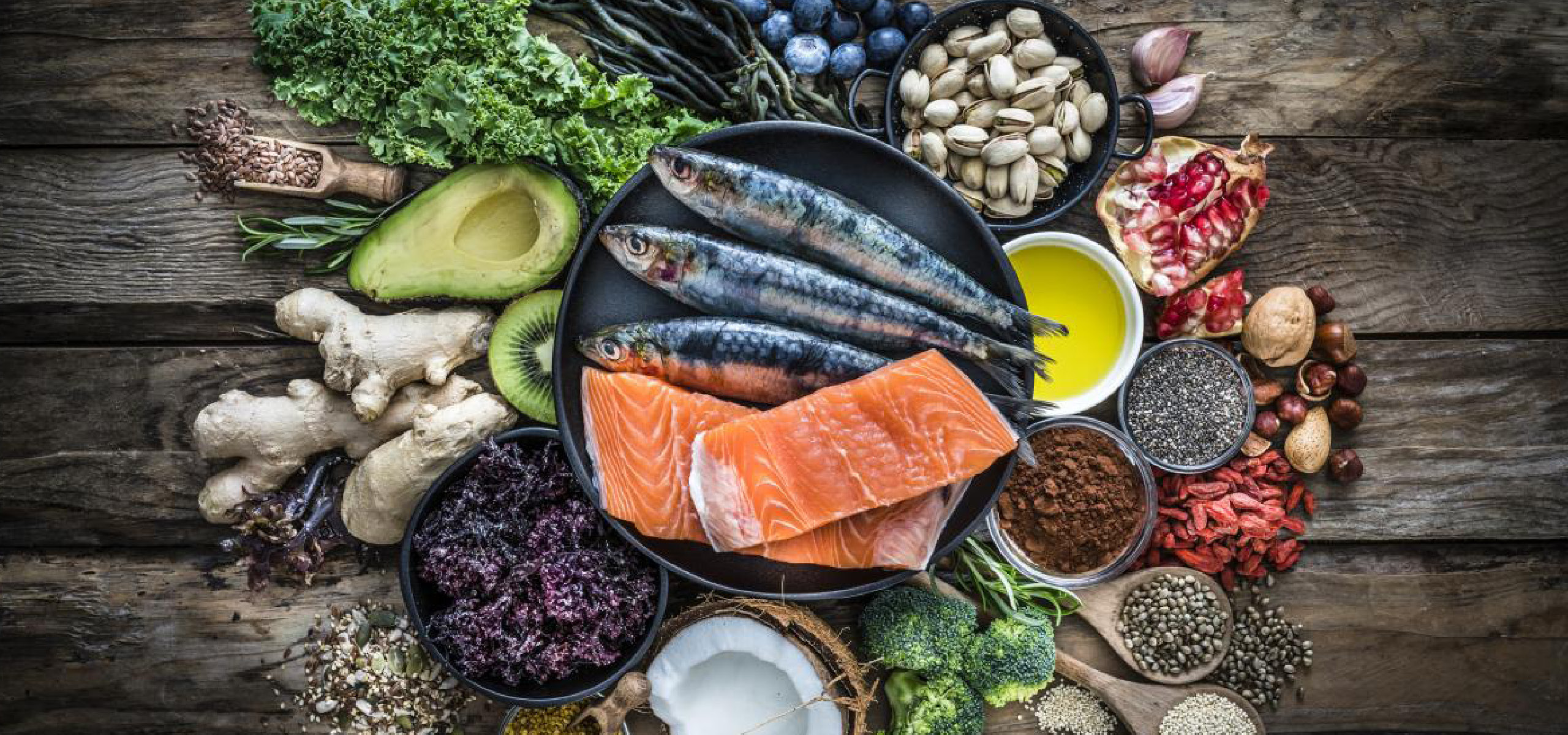The traditional Chinese medicine approach to hair health
The traditional Chinese understanding of how to keep hair healthy and shiny is quite different to the Western viewpoint, but has stood the test of time for thousands of years. Read on to learn how the perspectives of traditional Chinese medicine (TCM) can help support and nourish your hair.

How does traditional Chinese medicine view hair health?
In TCM, the condition of your hair is regarded as a reflection of the health of your blood.
The blood is traditionally seen as responsible for nourishing tissues around the body via the meridians (energy channels) that flow through the body in TCM – including the hair.
Therefore, from the perspective of TCM, an abundance of healthy blood results in a full, healthy head of strong, shiny hair.
On the other hand, according to TCM, an excess of heat in the blood can lead to imbalances in the body.
In relation to hair health, excess heat in the blood may contribute to:
- Hair loss in both women and men
- Itchy scalp
Always read the label. Follow the directions. If symptoms persist, worsen or change unexpectedly, speak to your health professional.

Natural therapies for hair health
Based on this understanding, the traditional Chinese herbal approach to addressing hair issues focuses on both cooling excess heat in the blood and enhancing the health of the blood.
Dong quai
Dong quai is traditionally taken in Chinese medicine as a blood tonic to improve the health of the hair, for example, enhancing its condition and shine.
In TCM, this herb is also traditionally used to invigorate the blood and helps enhance healthy blood circulation throughout the body.
As a blood tonic, dong quai is also used traditionally in TCM to support the Kidney Jing, a specific form of vital energy that declines with age.
Biota
Also known as Chinese thuja, biota is traditionally used in TCM to reduce hair loss and promote hair growth.
It’s also traditionally used in TCM to cool blood heat. This action helps to maintain the health of the hair follicles (the tiny dimples in the scalp that the hair grows from) and relieve itchiness of the scalp.
Other herbs that are often used in conjunction with dong quai and biota in TCM include white peony, cuscuta, rehmannia, szechuan lovage and Chinese licorice.
Nutritional support for hair health
In addition to Chinese herbs, certain nutrients can support your hair health. In particular, consider biotin to decrease hair loss if you aren’t getting enough of this nutrient from your diet, and zinc to support thick, healthy hair with good condition and strength.
Always read the label. Follow the directions. If symptoms persist, worsen or change unexpectedly, speak to your health professional.

Diet and lifestyle recommendations for hair health
- Eat a healthy well-balanced diet that includes plenty of high-quality protein and fresh produce, as well as sources of omega-3 and omega-6 fatty acids from fish, nuts, seeds and cold-pressed oils
- Include foods in the diet that according to TCM nourish the blood (and in turn, the health of the hair) such as dark green leafy vegetables, seaweeds, spirulina, sprouts, legumes, whole grains, goji berries, dried apricots, dark grapes, blackberries, bone broth, organic meat, eggs and liver
- Avoid foods that contribute to excess heat in the blood such as processed, fatty and sugary foods, as well as alcohol, tobacco and environmental pollution
- Choose cooking methods that support what is understood from a TCM perspective to cool the blood such as steaming, blanching and boiling. Avoid frying, roasting and barbecuing as these contribute to more heat in your food
- A daily scalp massage can help stimulate the scalp to improve blood circulation; gently tap all over the scalp with fingers or a wooden brush/derma roller for five minutes morning and night
- Choose mild shampoos, conditioners and styling products free from sensitizing ingredients such as mineral oils, fragrances and synthetic substances, and avoid bleaching, dyeing or perming your hair
- Avoid exposing your hair to the heat of hair dryers, straighteners, curling irons and rollers, and instead gently dry it with a towel or let it dry naturally
- Wear a bathing cap when swimming in chlorinated pools, and a hat when you’re out in the sun
- Have a regular trim at the hairdresser to remove any damaged hair at the ends
- If you are experiencing hair loss that’s upsetting your emotional health, a visit to a counsellor may help you cope
Always read the label. Follow the directions. If symptoms persist, worsen or change unexpectedly, speak to your health professional.


















